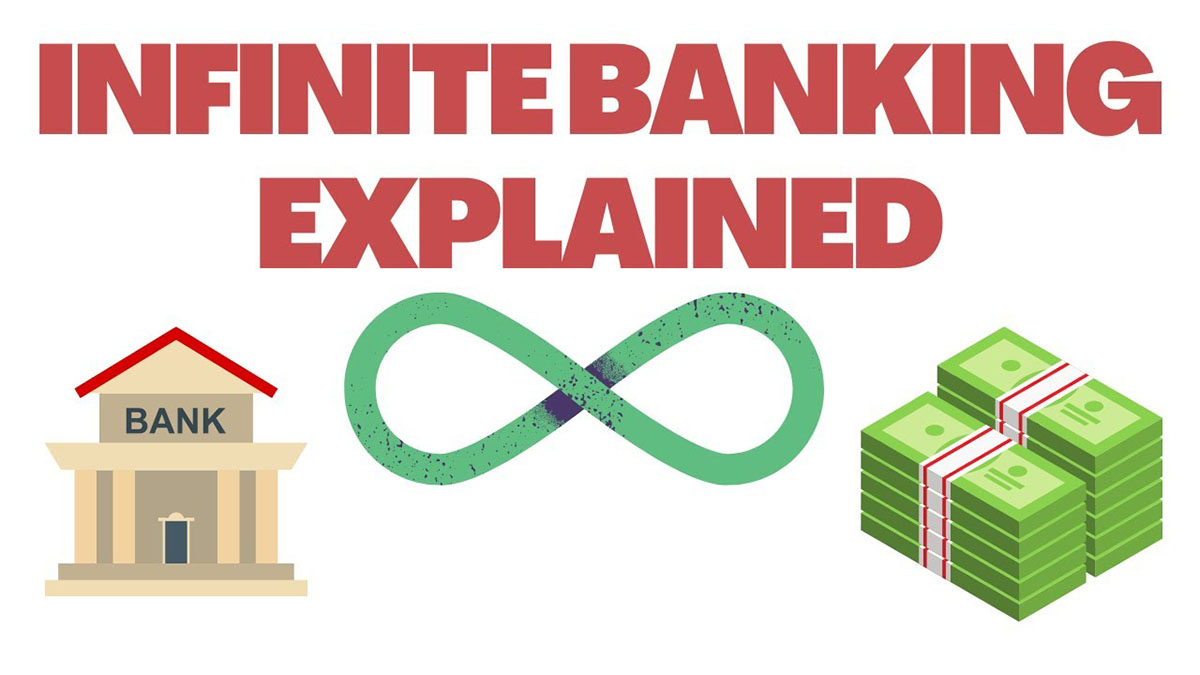Home>Finance>Crystallization: Definition In Investing And How Tax Applies


Finance
Crystallization: Definition In Investing And How Tax Applies
Published: November 6, 2023
Learn the definition of crystallization in finance and how it applies to investing. Understand the tax implications involved in this process.
(Many of the links in this article redirect to a specific reviewed product. Your purchase of these products through affiliate links helps to generate commission for LiveWell, at no extra cost. Learn more)
Crystallization: Definition in Investing and How Tax Applies
Welcome to our Finance blog category, where we dive deep into various aspects of the financial world. In this article, we’ll be focusing on a concept called “crystallization” in investing and how it relates to tax implications. If you’re looking to gain a better understanding of this topic and how it can impact your financial strategies, you’ve come to the right place!
Key Takeaways
- Crystallization is the process of converting investment gains or losses into taxable events.
- Tax implications of crystallization depend on factors such as investment type, holding period, and applicable tax laws.
What is Crystallization in Investing?
Crystallization, in the context of investing, refers to the point at which gains or losses on an investment are recognized for tax purposes. It is the moment when these gains or losses “crystallize” and become taxable or deductible. Crystallization can occur when an investment is sold, redeemed, or certain triggering events take place that require reporting to tax authorities.
When it comes to crystallization, timing is key. Different investment vehicles have varying tax consequences, and understanding the nuances is crucial in optimizing your tax strategy. Now, let’s delve into how tax applies to crystallization.
How Tax Applies to Crystallization
The tax implications of crystallization depend on several factors, including the type of investment, holding period, and applicable tax laws. Here are some key points to consider:
- Capital Gains Tax: When an investment is sold or redeemed for a profit, it may trigger a capital gains tax liability. The rate at which the gains are taxed can vary based on factors like the holding period and the applicable tax jurisdiction. For long-term investments, lower tax rates might be applied, while short-term investments may be subject to higher rates.
- Loss Deductions: On the other hand, if an investment results in a loss, it may be possible to deduct that loss from other capital gains, reducing the overall tax liability. Depending on the tax jurisdiction, certain limitations might apply to the amount of loss that can be deducted each year.
- Tax-Advantaged Accounts: Investments held within tax-advantaged accounts, such as Individual Retirement Accounts (IRAs) or 401(k) plans, can provide certain tax benefits. In these accounts, investments can grow tax-free or tax-deferred until they are withdrawn, potentially delaying the crystallization of taxable events.
- Rebalancing and Reallocation: Crystallization can also occur when rebalancing or reallocating investments within a portfolio. Selling assets to adjust asset allocation may trigger taxable events, potentially impacting your overall tax liability.
It’s important to consult with a tax professional or financial advisor to develop a comprehensive understanding of how crystallization and taxes can impact your investment strategy. They can provide guidance on tax-efficient strategies, such as tax-loss harvesting, to optimize your financial outcomes.
In Conclusion
Crystallization is a fundamental concept in investing, representing the moment when investment gains or losses become taxable or deductible. Understanding the tax implications of crystallization is crucial in optimizing your financial strategies and minimizing your overall tax liability.
Investing can be complex, and tax laws are ever-changing. Seeking professional advice from tax and financial experts will help you navigate the intricacies of crystallization and develop a comprehensive plan that aligns with your goals. By staying informed and proactive, you can make more informed investment decisions and maximize your financial outcomes.














